The oil pressure in a car engine is the force of pressure exerted on the oil by the engine's moving parts. Standard oil pressure varies by the car's make.
If you're maintaining the Chevy 5.3 Vortec engine, you might wonder about its normal oil pressure. To help you, we have consulted with automobile experts, and here's their answer.
Generally, the oil pressure for a Chevy 5.3 Vortec ranges from 25 to 65 psi. But while idling, there is a tendency for the pressure to fall between 30-20 psi.
Your car engine needs to be adequately lubricated all the time. So hang on and keep reading as we explain more about normal oil pressure, low and high pressure, and their causes.
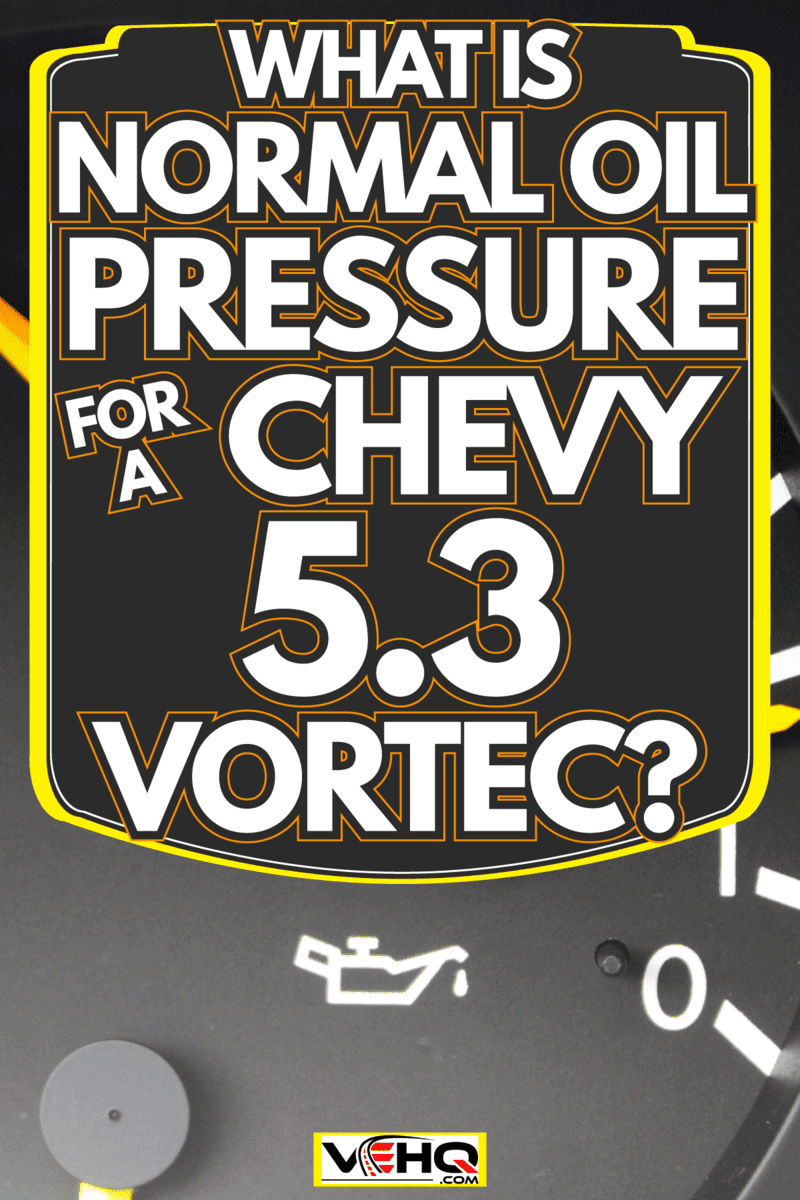
Oil Pressure and Why it's Significant for Your Engine
In a car's engine, oil pressure is determined by the force that pushes the pistons down. The higher the pressure, the more force it takes to push it down.
It is measured in pounds per square inch or psi. Oil pressure is needed to maintain the proper lubrication of engine components and control combustion.
The oil pressure in a car's engine can be measured with a gauge mounted on the side of the engine near the oil pan.
Oil pressure provides lubrication, cooling, and power to moving components such as pistons, valves, and other parts of an engine.
Oil pressure also helps maintain proper combustion within an engine. It is also needed for oil to circulate to all parts of a car's engine. Without it, the engine would suffer friction, and your car will not function properly.
You might also like: How Tight Should An Oil Filter Be?
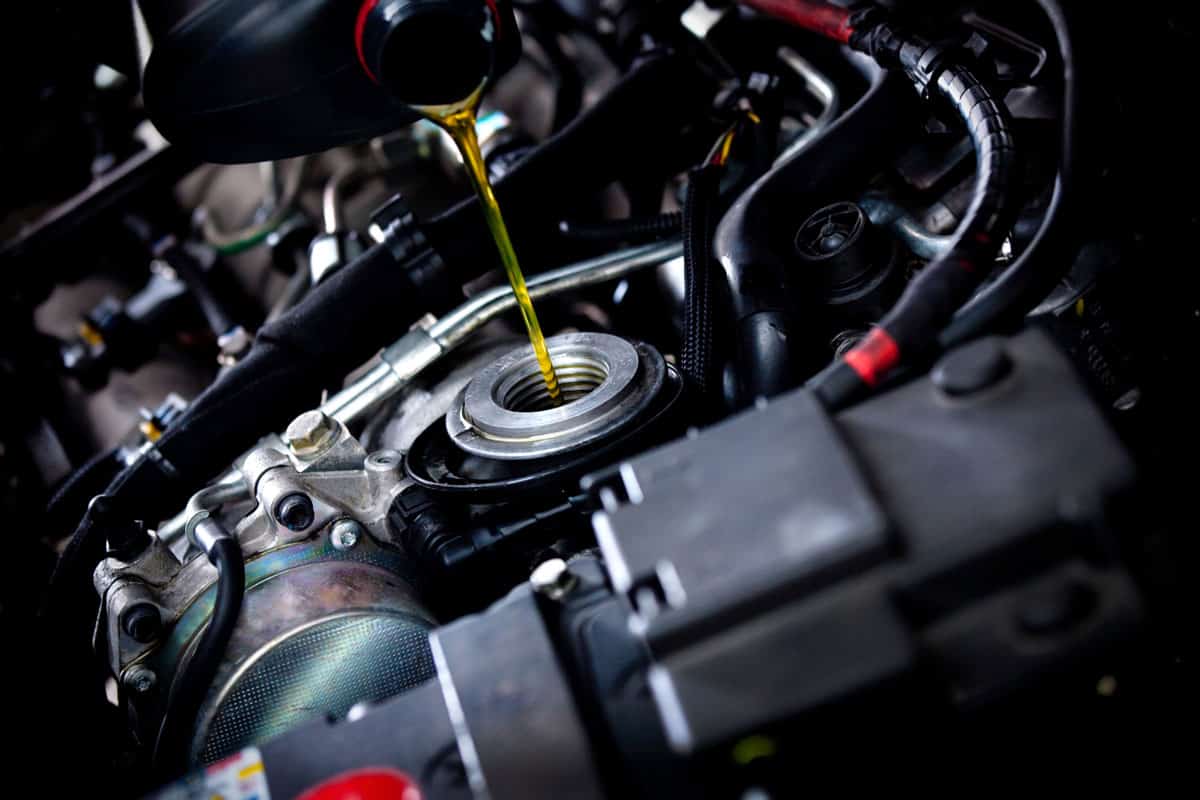
These Chevy Vehicles Feature the 5.3 Vortec Engine
Between 1996 and 2002, the 5.3 Vortec was produced for several Chevrolet vehicles including Chevrolet Tahoe, Chevy Silverado, Chevrolet Suburban, and Chevrolet GMC trucks.
The engine was designed to function using mostly CNG fuels, gasoline, and LPG (Liquid propane gas).
Chevrolet and expert auto mechanics recommend using synthetic oils that fulfill all the dexos1 specifications.
Examples are the 3.0-Liter Duramax Turbo-Diesel, Royal Purple SAE 5W-30 High-Mileage, and the Mobil 1 5W-30 High-Mileage Motor Oil.
Be sure to check out: Which Way To Turn Oil Filter
Signs of High Oil Pressure in a Chevy 5.3 Vortec You Should Know

The oil pressure light is a warning light that flashes on your car's dashboard when the oil pressure is too high. Depending on your car model, the light can also be yellow or red.
When an engine's oil pressure is high, the crankcase pressure can force your car engine to leak oil from the gaskets. A leak around an engine's seal indicates too much pressure in the system.
You can tell if there is a leak by checking for fluid leaking from under your hood and the burning oil smell coming from your exhaust pipe.
Another easy way to know if there's a leak around your car's engine is by listening to a hissing sound. You can also notice the spill when you physically inspect your engine.
You might also like: Why Is My Engine Oil Red?
Things That Can Cause High Oil Pressure in a 5.3 Vortec
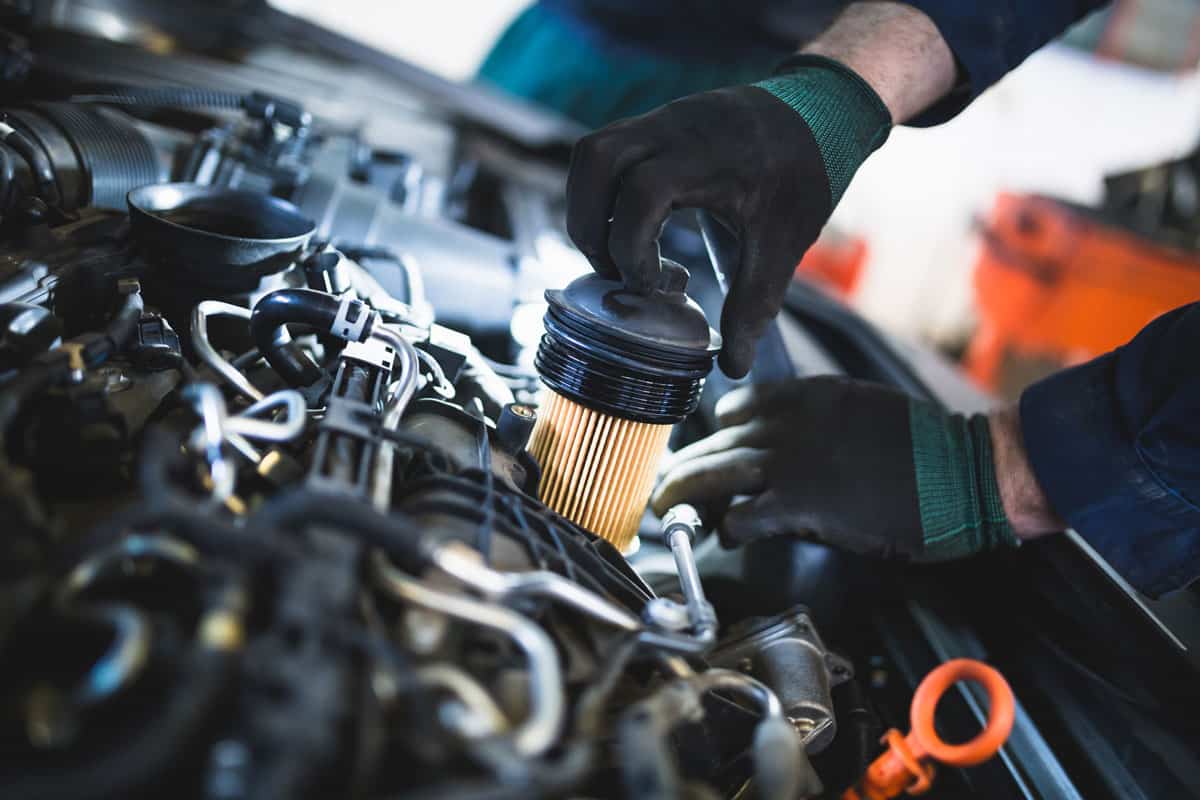
When an engine is cold, its oil pressure will be higher than usual because it is difficult for oil to push through the system.
High oil pressure can be dangerous because if it gets too high, it can cause some serious damage to your engine.
It is usual for your Chevy 5.3 Vortec oil pressure to decrease when the car warms up.
However, if your oil pressure is still high even after your engine has been warm for a while, it might be due to the following reasons.
Learn more: Can You Pour Engine Oil Down The Drain?
Blocked Oil Passages
Oil passages in your Chevy 5.3 Vortec can be blocked by sludge build-up. Sludge build-up can lead to high oil pressure and can cause engine damage.
There are several ways to check whether there is a blocked oil passage in your engine.
You can check for signs of leakage, oil on the ground, and a burnt smell from the exhaust pipe.
Take a look at: Best Engine Oil Additives For Low Compression
Dirty Oil Filter
Oil filters are used in cars to protect engine components from dirt, dust, and debris that can clog up an engine. They are typically made of metal mesh designed to trap particles before they enter the engine.
A dirty oil filter can lead to higher engine pressure. When the filter becomes clogged with dirt, the engine will have to work harder to push the oil through it.
When the engine has to work harder in this situation, it can cause an increase in oil pressure and lead to damage to some engine parts.
Related: Can A Clogged Oil Filter Make Your Engine Knock?
Viscosity and Oil Quality
Viscosity refers to how thick or thin an oil is, and it also determines how smoothly oil can flow through an engine.
High viscous oils can lead to high pressure in engines. On the other hand, low-viscosity oils can cause low oil pressure. Oil for your Chevy 5.3 Vortec shouldn't be too thin or thick.
Engines need oil to function properly. However, the quality of the oil can also affect the engine's performance.
Always use the best oil quality for your car's engine because it can help increase its overall performance and help reduce wear and tear on other parts of the engine.
Oil is an essential part of any car's life cycle and should be changed regularly to ensure your engine has a long life expectancy.
You might also like: Can You Drive A Car Right After An Oil Change?
Signs of Low Oil Pressure in a 5.3 Chevy Vortec You Should Look Out for
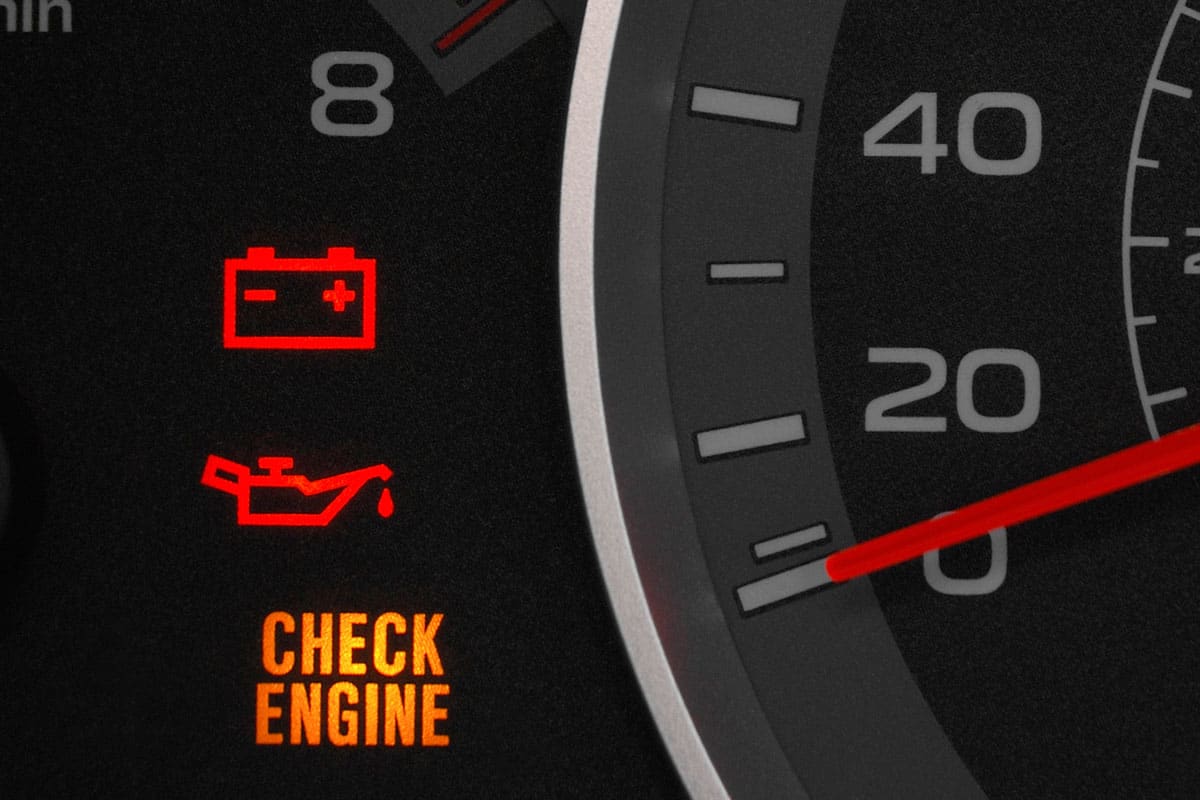
Low oil pressure is dangerous for a car owner and shouldn't be ignored. Luckily, you can watch out for many indicators without directly inspecting your engine.
Stop immediately if you are driving your car and notice a low oil pressure warning light flashing on your dashboard.
Clicking sounds from engine valves indicate low oil pressure, which is one of the most common signs that your car engine needs to be checked.
When there's too little oil in the system, the valves can't close, hence the sound. If you also perceive the smell of burning oil from your car, it may be due to low oil pressure or an issue with the oil pump.
If your car shows other signs of low oil pressure, you may need to check if your engine has any leaks.
Learn more: Does Check Engine Light Come On For Oil Change? [Find Out!]
Things That Cause Low Oil Pressure in a 5.3 Vortec
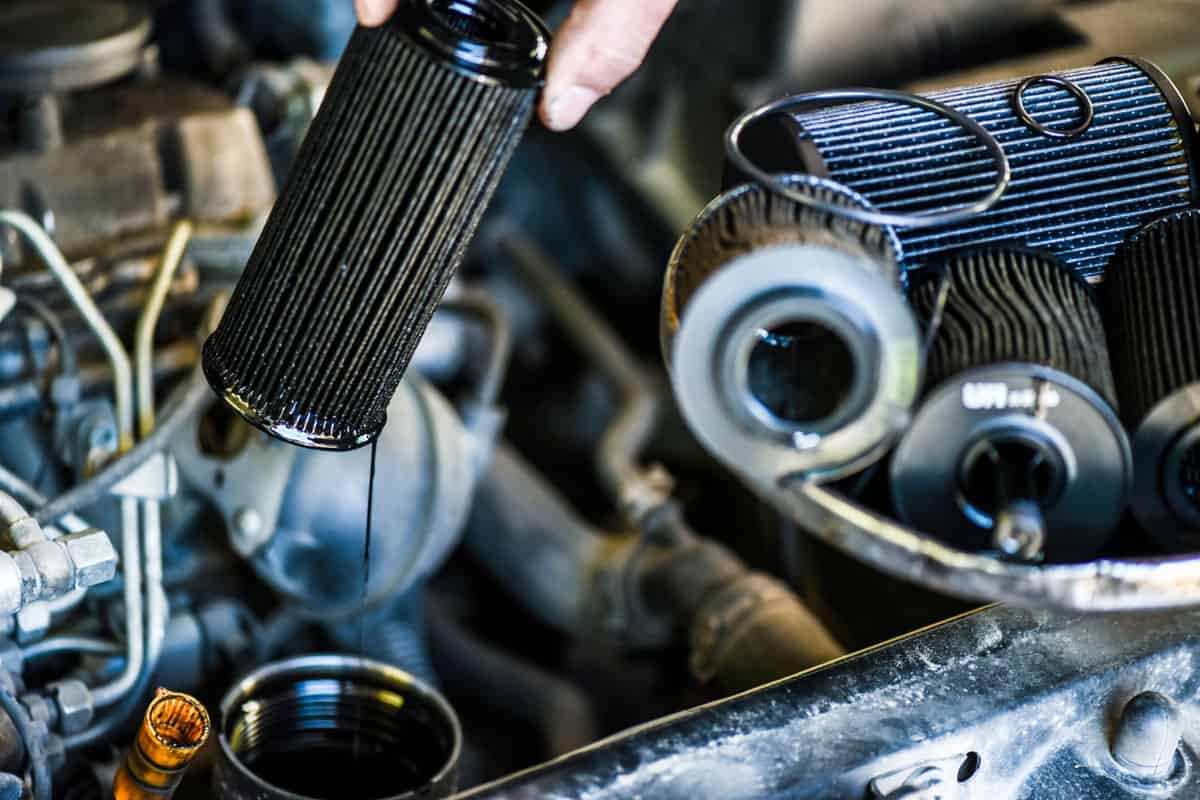
The low oil pressure in a car engine is a common issue many car owners have to deal with.
Low oil pressure can be caused by various reasons, including low oil levels, dirty oil, worn-out gaskets, seals, or damage to the oil pump.
Oil pressure below 25 psi usually indicates low oil pressure. Here are the likely causes of low oil pressure in your Chevy 5.3 Vortec.
You might also like: How Hot Does Oil Get In A Car?
Old Engine Oil
Oil helps lubricate engine parts to move smoothly without causing any damage or friction. However, oil becomes old with time and needs to be replaced, which is normally indicated by low oil pressure.
Older oil may not be as effective in keeping the car running smoothly. It also has a higher viscosity, leading to increased friction and damage to engine parts.
Be sure to check out: Car Feels Worse After Oil Change – What Could Be Wrong?
Damaged or Corrosive Engine Parts
Corrosive engine parts can disrupt oil from entering certain parts leading to low oil pressure. Manufacturers design engine parts with solid corrosion resistance to prevent this.
Corrosion can cause significant problems in the engine and may lead to a loss of power, performance, or even a breakdown.
Corrosion damage can be an issue with the engine bearings, piston rings, or cylinder walls. Damaged engine parts can be indicated by cloudy blue smoke from the car's exhaust pipe.
Learn more: Camshaft Not Turning? Here’s What You Need to Know
Lack of Sufficient Oil
If the engine burns oil, it can lead to a reduction in the oil that is needed in the engine. Insufficient oil causes friction between moving parts in the engine and causes wear and tear.
Engine wear and tear leads to faster replacement of parts, higher maintenance and repair costs, lower fuel efficiency, and less power output by the engine.
Related: How Much Oil Do I Need For An Oil Change?
Is 60 psi Considered High Oil Pressure?
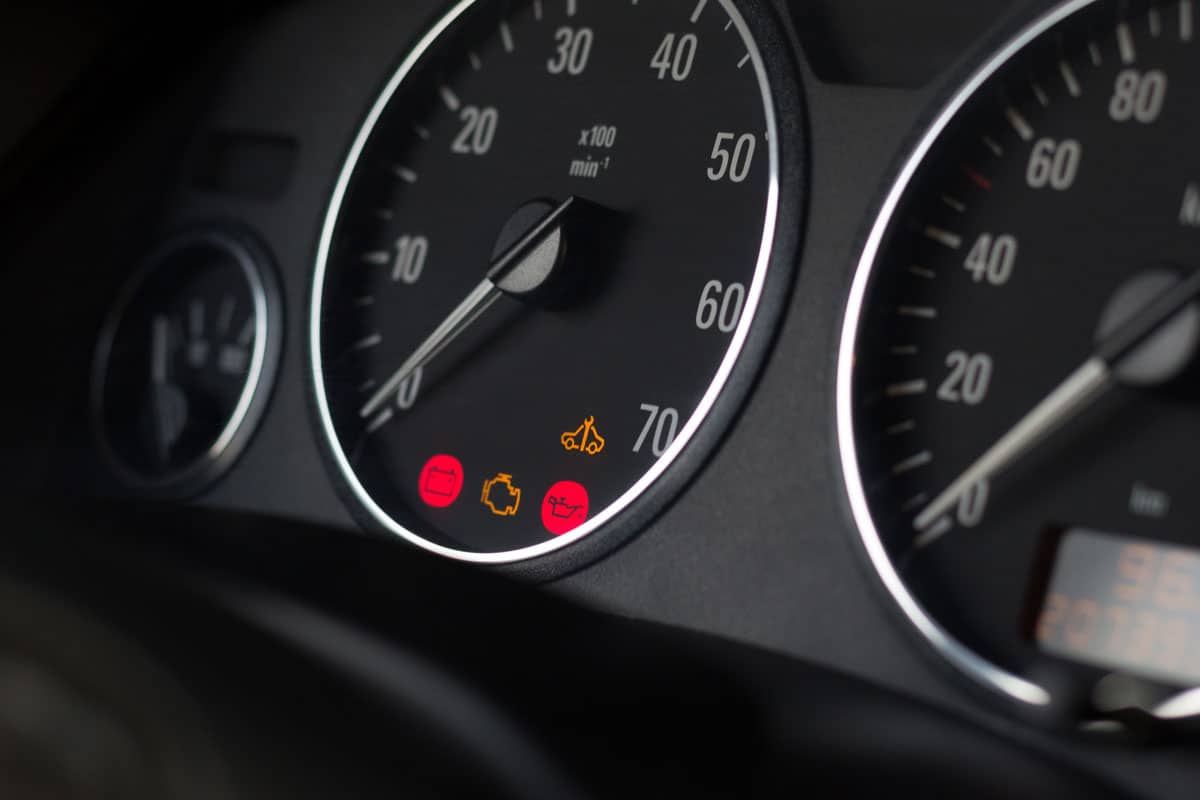
There's no general answer for all cases. It depends on what kind of car you're driving and its engine.
But generally, you shouldn't be worried if your oil pressure is at 60 psi. However, you should monitor it closely.
Take a look at: Gas Mileage Dropped After Oil Change – What To Do?
What Should Your Idling Oil Pressure Be?
The term idling describes leaving a car engine on while it is parked to keep the vehicle cool.
Idling can be done for many reasons, such as when you are taking an important call or in traffic. The standard idling oil pressure is between 20 psi and 30 psi.
Related: Car Idles High In Park – Is This Ok?
To Wrap Up
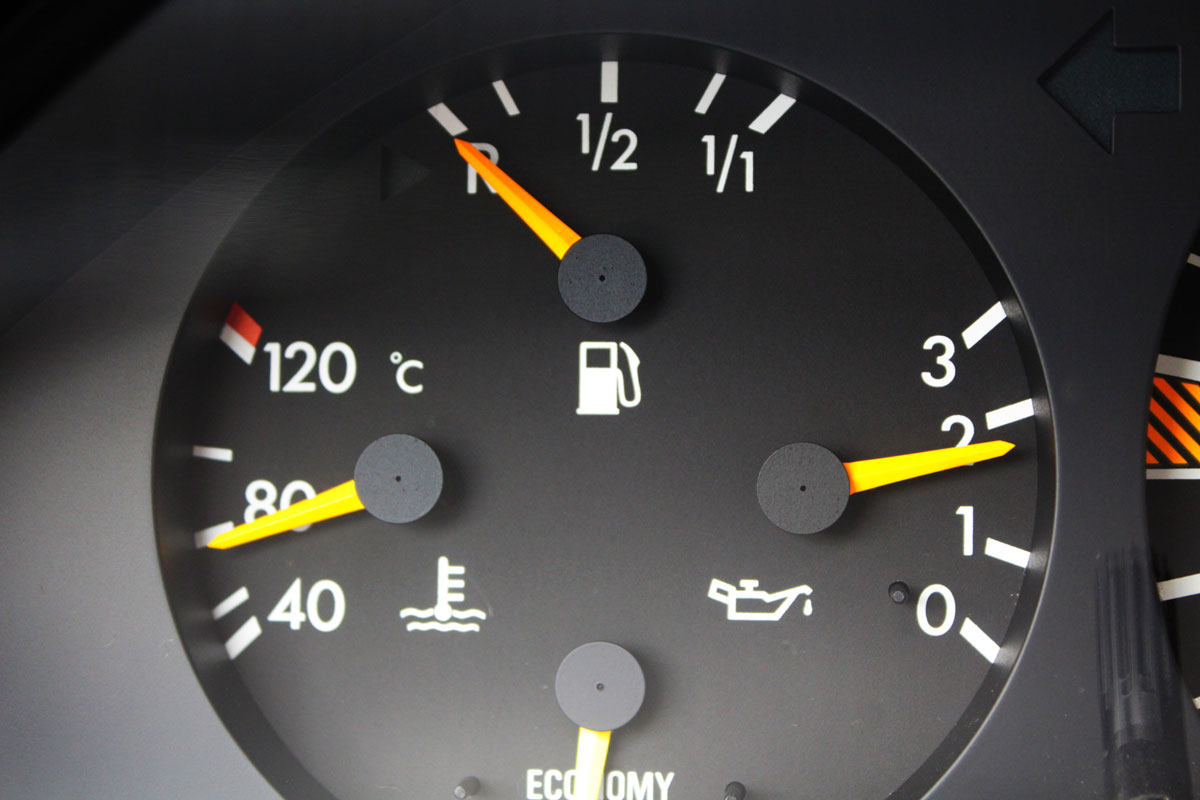
Oil pressure is essential because it tells us if our engine has enough oil circulation t to run properly.
If the oil pressure is too low or high, it can lead to various problems with your vehicle's engine.
A car's engine is one of the essential parts of the vehicle. It needs to be maintained regularly to keep it running smoothly without any issues.
You should check your engine's oil pressure regularly and take it for maintenance occasionally.

Does a 2000 Silverado 1500 5.3 require a oil pressure sensor screen?
Thank u so much for all the information I truly appreciate it. It has helped me understand a great deal of the issue am having.
I was told long ago by a family friend. automotive engineer and SCCA racer, if an auto company could build a car without a part or bolt, they would which would save money. If it’s in an engine its needed!